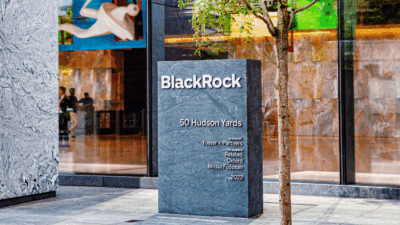
Sign up for smart news, insights, and analysis on the biggest financial stories of the day.
For decades, upward mobility at America’s biggest law firms was based primarily on a system of seniority.
But the times they are a-changing, and for the storied 200-year-old Cravath, Swaine & Moore—one of the few remaining holdouts of the old-school “lockstep” partner system—the pathway to promotion is about to see a major shakeup.
Witness To The Compensation
In Cravath’s old lockstep system, promotions came from within, and lawyers who make partner saw compensation packages based on years-worked rather than business generated. The intent was to prioritize teamwork and collegiality, with clients shuffled between colleagues to match each case with the best legal expertise—rather than co-workers competing for big-payout cases, regardless of experience or know-how.
The problem? The system left the firm exposed to competitors, who poached Cravath lawyers with the promise of higher pay for top performers:
- The average Cravath partner earned a $4.6 million salary in 2020, according to American Lawyer Magazine. Meanwhile, major firms off the lockstep system saw partner salaries average $7.5 million, with some paying $10 million to top performers.
- “Having zero flexibility to acknowledge super-performers is doing [Cravath] a disservice over time,” legal recruiter and consultant Matthew Bersani told The Wall Street Journal on Monday.
Now, Cravath is moving to a hybrid model for its 96 partners. “Under the new system, the seniority-based bands will still exist,” Cravath presiding partner Faiza Saeed told The Wall Street Journal, “but more money will be distributed to those making the strongest contributions.”
Erin Brocko-rich: Departing from the lockstep model isn’t the only way Cravath lawyers can see a pay-bump this year. The firm has informed senior associates Christmas bonuses may total as much as $115,000 this season, igniting a bonus arms race across the industry. Thanks in large part to litigating the boom of business mergers and acquisitions, corporate law earned record revenues in 2021. But it came at a cost: much higher than usual turnover rates. Now, big firms are shelling out massive bonuses to combat lawyer burnout.











